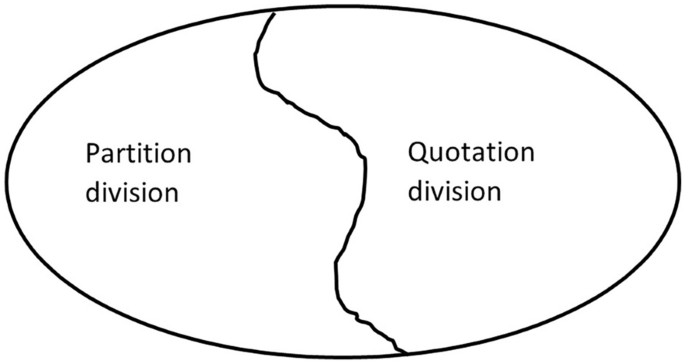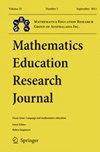特定主题的理论研究是否“过时”?数学教育研究本体论创造性的认识论探究
IF 1.3
Q3 EDUCATION, SCIENTIFIC DISCIPLINES
引用次数: 0
摘要
在数学教育(ME)中,研究特定主题(TS)问题(例如,学习分数存在哪些发展水平)通常产生局部结果,并且与研究具有更一般和抽象范围的特定背景(CS)问题(例如,什么是数学教学?)相比,研究特定主题(TS)问题通常产生局部结果,对于创新研究项目来说,被认为不那么时尚和有吸引力。ME的领域是什么?),并产生中等或宏大的理论。TS-和cs -研究沿着不同的轨道运行,很少或没有交叉,至少从ME的社会政治转向开始,但将它们联系起来可以帮助挑出cs研究中的隐藏变量。本文表明,ts研究创造了特定的数学对象,使我们能够减少这两条研究线之间的距离。特定于ME研究的数学对象被证明是两条研究线之间的技术联系,因为它们允许主题特异性进入更抽象和一般的研究领域,同时也是在批判性后现代方法中讨论与ts研究的本体论创造力的社会,政治和伦理含义相关的方面时的关键因素。通过讨论其对教科书、教师培训、教学实践、进一步的科学技术研究实践、研究者的认识论赋权和ME研究的自我参照性的影响,科学技术研究从外围走向了科学技术研究的核心。本文章由计算机程序翻译,如有差异,请以英文原文为准。

Is theoretical topic-specific research “old fashioned”? An epistemological inquiry about the ontological creativity of Mathematics Education Research
Abstract In Mathematics Education (ME), research dealing with topic-specific (TS) issues (e.g., what levels of development exist in learning fractions) produces usually local results and is considered less fashionable and attractive for innovative research projects than research dealing with context-specific (CS) issues that have more general and abstract scopes (e.g., what is mathematical instruction? what is the field of ME?) and produces middle-range or grand theories. TS- and CS-research run along separate tracks with little or no crossover, at least from the beginning of the socio-political-turn in ME, but connecting them could help to single out hidden variables in CS-research. This paper shows that TS-research creates specific mathematical objects that allow us to reduce the distance between these two lines of research. Mathematical objects specific to ME research are shown to be both a technical link between the two lines of research because they allow topic-specificity to access more abstract and general realms of research, as well as factor at stake when aspects related to the social, political, and ethical implications of the ontological creativity of TS-research are discussed in a critical postmodern approach. Discussing its impact on textbooks, teacher-training, teaching practices, further TS-research-practices, as well as on the researcher’s epistemological empowerment and on the self-referentiality of ME research, TS-research moves from the periphery to the heart of CS-research.
求助全文
通过发布文献求助,成功后即可免费获取论文全文。
去求助
来源期刊

Mathematics Education Research Journal
EDUCATION, SCIENTIFIC DISCIPLINES-
CiteScore
4.80
自引率
11.10%
发文量
30
期刊介绍:
The Mathematics Education Research Journal seeks to promote high quality research that is of interest to the international community. The Mathematics Education Research Journal seeks to present research that promotes new knowledge, ideas, methodologies and epistemologies in the field of mathematics education. The Mathematics Education Research Journal actively seeks to promote research from the Australasian region either as research conducted in the region; conducted by researchers from the region and/or draws on research from the region. The Mathematics Education Research Journal accepts papers from authors from all regions internationally but authors must draw on the extensive research that has been produced in the Australasian region. The Mathematics Education Research Journal normally does not encourage publication of teacher education programs or courses. These are more suited for theother MERGA journal, Mathematics Teacher Education and Development.
 求助内容:
求助内容: 应助结果提醒方式:
应助结果提醒方式:


